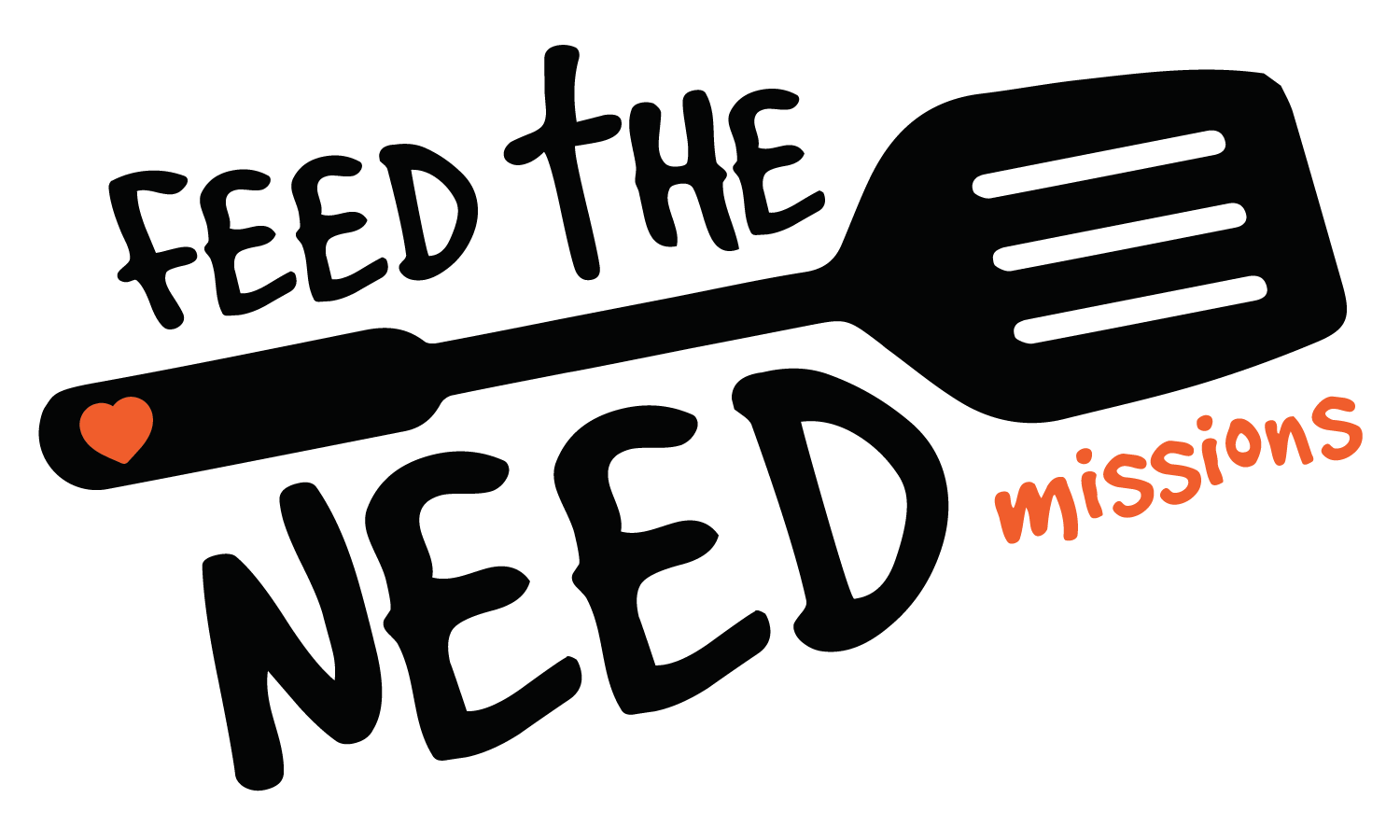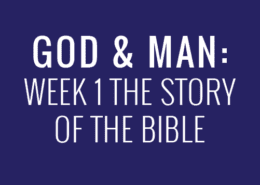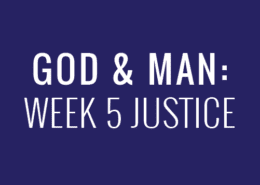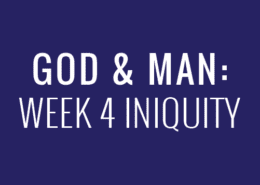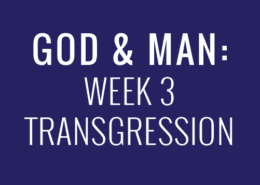
GOD and MAN: WEEK 5 JUSTICE
Start with talking about what Justice or Mishpat means.
The last few weeks we’ve been studying God & Man. We learned about the Story of The Bible, Exile, Transgression, Iniquity and now Justice/Mishpat. In Genesis, we see that human beings were made “in the image of God.” This means to say that humans were created to be God’s representatives on earth and carry out His plan, abiding by the morals and concepts of justice that God himself abides by. According to the Biblical justice that God sets forth, all humans are equal, all humans are created in His image, and all humans deserve to be treated with fairness and justice.
Throughout the Old Testament we see God’s love for the entire nation of Israel, but we also see Him reaching out to individuals–the widows, orphans, and foreigners. His instructions to His people included a charge to show mercy and bring justice to the needy. In the New Testament we see this played out in Jesus’ life as well. With His hands he touched the sick, the lonely, and brought healing to both body and spirit. At Pentecost, when the Spirit invaded the hearts and minds of believers it continued the legacy of God’s life poured into His people, for the purpose of pouring out mercy to the lost and least of these. Like a great revolving door of grace, God has been in the business of loving, saving, and equipping His people so they can love and save others throughout the whole of Scripture.
Watch the video from us.
Review the notes below.
We as human beings continue to demonstrate injustice, benefiting from the oppression of those around us, and making ourselves guilty in the eyes of God. Thankfully, God had a solution to the injustice of humanity. By sending Christ, who was deemed to be fully righteous and just, to take the punishment for the sins of the guilty, God has made it so that all people can stand righteous before Him. Having been given this gift, it is now our commission to go out into the world and give this same gift to others, by showing them the righteousness and justice that God has shown us all.
“This is what the Lord says: Do what is just and right. Rescue from the hand of the oppressor the one who has been robbed. Do no wrong or violence to the foreigner, the fatherless or the widow, and do not shed innocent blood in this place.” (Jeremiah 22:3)
“Build houses and settle down; plant gardens and eat what they produce. Marry and have sons and daughters; find wives for your sons and give your daughters in marriage, so that they too may have sons and daughters. Increase in number there; do not decrease. Also, seek the peace and prosperity of the city to which I have carried you into exile. Pray to the Lord for it, because if it prospers, you too will prosper.” Yes, this is what the Lord Almighty, the God of Israel, says: “Do not let the prophets and diviners among you deceive you. Do not listen to the dreams you encourage them to have. They are prophesying lies to you in my name. I have not sent them,” declares the Lord. This is what the Lord says: “When seventy years are completed for Babylon, I will come to you and fulfill my good promise to bring you back to this place. For I know the plans I have for you,” declares the Lord, “plans to prosper you and not to harm you, plans to give you hope and a future. Then you will call on me and come and pray to me, and I will listen to you. You will seek me and find me when you seek me with all your heart. I will be found by you,” declares the Lord, “and will bring you back from captivity. I will gather you from all the nations and places where I have banished you,” declares the Lord, “and will bring you back to the place from which I carried you into exile.” (Jeremiah 29:5-13)
Key Points
- All humans are equal before God
- God raises up a man named Abraham and positions him to start a new line of people with his family – one that is ruled by both righteousness and justice. So what does God mean when he tells Abraham and his people to live their lives with righteousness and justice? In the Bible, righteousness refers to a state of moral good in which you treat those around you with decency and fairness, recognizing that all of them are made in the image of God just like you.
- While justice can be used to talk about retributive justice in which a person is punished for their wrongdoings, most of the time the Bible uses the word justice to refer to restorative justice, in which those who are wrongfully hurt or mistreated are restored and given back what was taken from them.
- God’s people were shown injustice, such as when the Israelites were under Egyptian oppression, God stepped in and showed them restorative justice just like He commanded them to show to others.
- Mishpat involves way more. It means taking steps to advocate for the vulnerable and changing social structures, and prevent injustice.
- Some people actively perpetrate injustice. Others receive benefits or privileges from unjust social structures they take for granted, and, sadly, history has shown that when the oppressed gain power, they often become oppressors themselves. So we all participate in injustice, actively or passively, even unintentionally. We’re all the guilty ones.
- In Jesus, God’s love and justice are perfectly fulfilled. God is just in his judgments on corrupt Israel and humanity by giving the court sentence of guilty. God’s judgement is an act of love as he puts himself in the place of the guilty.
Talk About It
- Why do we care so much about justice?
- Are you seeking the unjust?
- What does it mean that Jesus gave His life to the guilty?
- How radical are you going to be?
- In the video God has told us what to do. What was it?
- How can we change social structures?
- Is there someone in your life that you need to forgive and show godly justice?
- God shows his act of love as he puts himself in the place of the guilty, what does that mean to you?
Helpful Resources
- The Bible Project Biblical Justice
